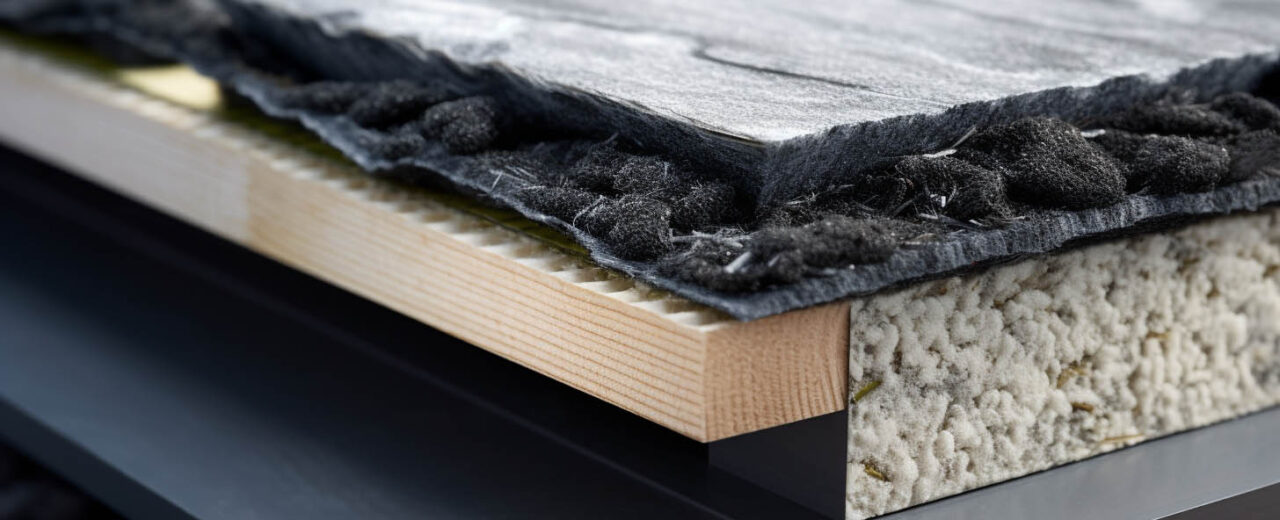Insulation is a crucial component in any building or remodeling project, ensuring energy efficiency and comfort. While traditional insulation options have been popular for years, a new era of sustainable insulation materials is emerging, offering both environmental and health benefits. Let’s delve into the world of eco-friendly insulation and discover how it can transform your home or building project.
Why Insulation Matters
Insulation plays a pivotal role in regulating the temperature within a building. By preventing the transfer of heat, it ensures that interiors remain warm during winters and cool during summers. This not only provides comfort but also reduces the energy required for heating and cooling, leading to significant cost savings. Moreover, effective insulation minimizes the carbon footprint of a building, contributing to a more sustainable environment.
Evaluating Insulation: The R-Value
The effectiveness of insulation is gauged by its R-value, which measures its resistance to heat flow. A higher R-value indicates better insulating properties. Factors influencing the R-value include the insulation type, its thickness, and installation method. Depending on the climate and specific requirements of a building, the required R-value can vary.
Advantages of Eco-Friendly Insulation
1. Safety and Health
Eco-friendly insulation materials, such as wool and cotton, are non-toxic and safe to handle. They don’t cause skin or respiratory irritations, unlike some traditional materials.
2. Environmental Impact
Materials like shredded denim and cork have minimal energy requirements during production, reducing greenhouse gas emissions. Using recycled materials further diminishes the environmental impact.
3. Energy and Cost Efficiency
Green insulation options often provide superior insulation, leading to more significant energy savings. For instance, Icynene spray foam insulation can slash energy bills by up to 50%.
Exploring Sustainable Insulation Options
Sheep’s Wool
An excellent natural insulator, sheep’s wool is breathable and can regulate moisture, ensuring optimal indoor temperatures. Its natural properties reduce the need for frequent adjustments to heating and cooling systems, conserving energy.
Aerogel
A synthetic material comprising over 90% air, aerogel offers impressive insulating properties. Its lightweight nature and ease of application make it a preferred choice for many.
Denim
Recycled denim provides an eco-friendly insulation solution that’s free from harmful chemicals. It’s safe, effective, and contributes to reducing landfill waste.
ThermaCork
Derived from oak tree bark, ThermaCork is biodegradable and offers excellent insulating properties. It’s hypoallergenic and also provides soundproofing benefits.
Cellulose
Comprising recycled paper, cellulose insulation is environmentally friendly and safe for residential use. It’s an excellent choice for those keen on reducing toxins in their homes.
Icynene
Derived from castor oil, Icynene is a spray foam insulation that expands upon application, providing an airtight seal. It’s effective in reducing energy consumption and offers noise-cancellation benefits.
Making the Right Choice with The Roofing Center
At The Roofing Center, we understand the importance of sustainable building practices. Whether you’re looking for roofing service in Fort Collins CO or seeking advice on the best insulation for your project, our team is here to assist. With our expertise in Fort Collins roofing companies and our commitment to sustainability, we ensure that your building projects are both eco-friendly and efficient.
Conclusion
Choosing the right insulation is pivotal for the comfort, energy efficiency, and sustainability of a building. With the array of eco-friendly options available, homeowners and builders can make informed decisions that benefit both the environment and their wallets. Whether you’re working with a roofer from Fort Collins or planning a DIY project, always prioritize sustainable insulation solutions for the best results.
>


